Posts Tagged: companies
The Morning After: 80 percent of global carbon dioxide emissions comes from just 57 companies
A new Carbon Majors Database report, which examines carbon dioxide emissions, found that just 57 companies were responsible for 80 percent of the global carbon dioxide emissions between 2016 and 2022. ExxonMobil, which topped the list of United States companies, contributed 1.4 percent of all global carbon dioxide emissions. It has net zero emissions targets.
Nearly 200 parties adopted the 2015 Paris Agreement, committing to reduce greenhouse gas emissions. However, 58 of the 100 state- and investor-owned companies in the Carbon Majors Database have since increased their production.
The International Energy Agency found coal consumption increased by eight percent over the seven years to 8.3 billion tons — a record high. State-owned Coal India is one of the top three carbon dioxide producers. Russia’s state-owned energy company Gazprom and state-owned oil firm Saudi Aramco rounded out the group.
— Mat Smith
The biggest stories you might have missed
X is giving blue checks to people with more than 2,500 Premium followers
Hatsune Miku in Crypt of the Necrodancer feels like the perfect crossover
The best multi-device wireless charging pads for 2024
You can get these reports delivered daily direct to your inbox. Subscribe right here!
The chaos of YouTube’s multicam Coachella stream
When you apply sports logic to a music festival.
YouTube is hyping its exclusive Coachella streaming coverage, which starts next week. The headlining feature is the platform’s multiview experience (already familiar to sports fans) — but who wants to watch up to four stages simultaneously, with audio for one of them. It’s… a music festival. Coachella runs from April 12 to 14 and April 19 to 21.
The latest Razer Blade 18 is now available to order
If you want 4K 200Hz display, you’ll need an extra $ 1,700 and a bit of time.
Finally, after a reveal at CES, the 2024 edition of the Razor Blade 18 arrives for $ 3,099. The base system has an i9-14900HX processor, 32GB of RAM, 1TB of SSD storage, Wi-Fi 7, a triple-fan cooling system and a six-speaker array with THX spatial audio support. You can equip the laptop with up to an NVIDIA GeForce RTX 4090 (the base model has a 4070 graphics card). In what Razer claims is a first for a laptop, there’s Thunderbolt 5 connectivity, but only if you opt for a 4080 or 4090 GPU.
Apple cuts over 700 jobs as it closes car and display projects
Eight offices in Santa Clara, California were affected by the layoffs.
Over 700 people at Apple have recently lost their jobs, mostly from offices in Santa Clara. The location that dealt with the company’s electric vehicle projects has lost 371 people. There may not be enough space at that new home robot project.
This article originally appeared on Engadget at https://www.engadget.com/the-morning-after-80-percent-of-global-carbon-dioxide-emissions-comes-from-just-57-companies-111514748.html?src=rss
Engadget is a web magazine with obsessive daily coverage of everything new in gadgets and consumer electronics
AI companies will reportedly commit to safeguards at the White House’s request
Microsoft, Google and OpenAI are among the leaders in the US artificial intelligence space that will reportedly commit to certain safeguards for their technology on Friday, following a push from the White House. The companies will voluntarily agree to abide by a number of principles though the agreement will expire when Congress passes legislation to regulate AI, according to Bloomberg.
The Biden administration has placed a focus on making sure that AI companies develop the technology responsibly. Officials want to make sure tech firms can innovate in generative AI in a way that benefits society without negatively impacting the safety, rights and democratic values of the public.
In May, Vice President Kamala Harris met with the CEOs of OpenAI, Microsoft, Alphabet and Anthropic, and told them they had a responsibility to make sure their AI products are safe and secure. Last month, President Joe Biden met with leaders in the field to discuss AI issues.
According to a draft document viewed by Bloomberg, the tech firms are set to agree to eight suggested measures concerning safety, security and social responsibility. Those include:
-
Letting independent experts test models for bad behavior
-
Investing in cybersecurity
-
Emboldening third parties to discover security vulnerabilities
-
Flagging societal risks including biases and inappropriate uses
-
Focusing on research into the societal risks of AI
-
Sharing trust and safety information with other companies and the government
-
Watermarking audio and visual content to help make it clear that content is AI-generated
-
Using the state-of-the-art AI systems known as frontier models to tackle society’s greatest problems
The fact that this is a voluntary agreement underscores the difficulty that lawmakers have in keeping up with the pace of AI developments. Several bills have been introduced in Congress in the hope of regulating AI. One aims to prevent companies from using Section 230 protections to avoid liability for harmful AI-generated content, while another seeks to require political ads to include disclosures when generative AI is employed. Of note, administrators in the Houses of Representatives have reportedly placed limits on the use of generative AI in congressional offices.
This article originally appeared on Engadget at https://www.engadget.com/ai-companies-will-reportedly-commit-to-safeguards-at-the-white-houses-request-185646283.html?src=rss
Engadget is a web magazine with obsessive daily coverage of everything new in gadgets and consumer electronics
Senate bill would hold AI companies liable for harmful content
Politicians think they have a way to hold companies accountable for troublesome generative AI: take away their legal protection. Senators Richard Blumenthal and Josh Hawley have introduced a No Section 230 Immunity for AI Act that, as the name suggests, would prevent OpenAI, Google and similar firms from using the Communications Decency Act's Section 230 to waive liability for harmful content and avoid lawsuits. If someone created a deepfake image or sound bite to ruin a reputation, for instance, the tool developer could be held responsible alongside the person who used it.
Hawley characterizes the bill as forcing AI creators to "take responsibility for business decisions" as they're developing products. He also casts the legislation as a "first step" toward creating rules for AI and establishing safety measures. In a hearing this week on AI's effect on human rights, Blumenthal urged Congress to deny AI the broad Section 230 safeguards that have shielded social networks from legal consequences.
In May, Blumenthal and Hawley held a hearing where speakers like OpenAI chief Sam Altman called for the government to act on AI. Industry leaders have already urged a pause on AI experimentation, and more recently compared the threat of unchecked AI to that of nuclear war.
Congress has pushed for Section 230 reforms for years in a bid to rein in tech companies, particularly over concerns that internet giants might knowingly allow hurtful content. A 2021 House bill would have held businesses liable if they knowingly used algorithms that cause emotional or physical harm. These bills have stalled, though, and Section 230 has remained intact. Legislators have had more success in setting age verification requirements that theoretically reduce mental health issues for younger users.
It's not clear this bill stands a greater chance of success. Blumenthal and Hawley are known for introducing online content bills that fail to gain traction, such as the child safety-oriented EARN IT Act and Hawley's anti-addiction SMART Act. On top of persuading fellow senators, they'll need an equivalent House bill that also survives a vote.
This article originally appeared on Engadget at https://www.engadget.com/senate-bill-would-hold-ai-companies-liable-for-harmful-content-212340911.html?src=rss
Engadget is a web magazine with obsessive daily coverage of everything new in gadgets and consumer electronics
Senator Ed Markey tells Elon Musk: ‘Fix your companies. Or Congress will’
Senator Ed Markey of Massachusetts chastised Elon Musk on Sunday after the billionaire had a snarky response to the lawmaker’s request for information about Twitter’s new verification policies. “Perhaps it is because your real account sounds like a parody?” Musk tweeted Sunday morning after Markey shared a recent letter he sent criticizing the company’s new $ 8 per month Twitter Blue subscription. “And why does your pp have a mask!?” Musk added a few hours later, referring to Markey’s profile picture, which shows the senator wearing a face covering.
One of your companies is under an FTC consent decree. Auto safety watchdog NHTSA is investigating another for killing people. And you’re spending your time picking fights online. Fix your companies. Or Congress will. https://t.co/lE178gPRoM
— Ed Markey (@SenMarkey) November 13, 2022
Markey wasn’t impressed by Musk’s response. “One of your companies is under an FTC consent decree. Auto safety watchdog NHTSA is investigating another for killing people. And you’re spending your time picking fights online,” he said. “Fix your companies. Or Congress will.”
Markey sent the letter that prompted the exchange on November 11th. In the letter, Markey asks Musk to explain how The Washington Post was able to create a verified account impersonating him and why an official pop-up told Twitter users the verification was due to a role in government. Musk has until November 25th to answer those questions and others in writing.
Twitter suspended paid account verification less than two days after launching its new Blue subscription. While the service was available, trolls used it to impersonate celebrities, politicians and brands, leading to chaos on the platform. One account pretending to be LeBron James claimed the NBA star had requested to be traded by the Los Angeles Lakers. Another one tanked the stock of the pharmaceutical company Eli Lilly.
While there’s no certainty Markey’s warning will translate to government action, the likelihood of a regulatory response became more solid on Sunday after Democrats secured a Senate majority. Markey is also a member of the Subcommittee on Communication, Media, and Broadband, the Senate panel most likely to recommend action against Twitter.
Russia demands large tech companies set up local offices by 2022
Russia is getting serious with demands that foreign tech companies set up shop within its borders. Reuterssays the country's telecom regulator Roskomnadzor has called on 13 foreign and mostly American companies to launch official Russian presences by 2022 so they can comply with a law that took effect July 1st. The list includes familiar tech names like Apple, Google, Meta (Facebook), Telegram, TikTok and Twitter.
The law demands local offices for "internet companies" with over 500,000 daily users. Some of the companies already have offices, though, and it's unclear just what constitutes an official presence. Those deemed violating the law could be subject to either complete bans or limits on their ads, data gathering and money transfers.
As you might have guessed, the concern is that Russia might use the law to wield more control over those companies and their content. Russia has clashed with Apple multiple times, for instance, including a fine for allegedly abusing App Store dominance — this law might give officials more leverage. The move might also help Russia pressure companies into censoring content the government deems objectionable, such as social media posts backing the political opposition to Putin's regime.
The announcement makes a tricky situation that much more difficult. Russia is a significant market some companies can't always afford to lose but honoring the request could also mean enabling censorship and other rights abuses. Companies may soon have to make decisions that are painful regardless of the outcome.
Google starts licensing Stadia tech to other companies
When Google shut down its internal Stadia game development studios earlier this year, Stadia general manager Phil Harrison said the company planned to "work with partners seeking a gaming solution all built on Stadia’s advanced technical infrastructure and platform tools." We're starting to see that strategy in action, as Google is now licensing Stadia tech to other companies.
As first reported by 9to5 Google and confirmed by IGN, AT&T is using the tech to offer wireless subscribers the chance to stream Batman: Arkham Knight (which isn't available on Stadia proper) for free. Customers can play the game for a limited time at up to 1080p through Google Chrome or Microsoft Edge.
"This is being powered by the Stadia technology," an AT&T spokesperson told IGN. "For this demo AT&T created a front end experience to enable gamers to play Batman: Arkham Knight directly from their own website and the game is playable on virtually any computer or laptop."
Oddly enough, subscribers can't take advantage of this offer on a smartphone, despite it seeming like a solid opportunity for AT&T to show off its network capabilities. AT&T even offered six months of Stadia Pro access to 5G and fiber internet customers this year.
Harrison said in February that offering game streaming tech to other companies (without Stadia branding in this case) was "the best path to building Stadia into a long-term, sustainable business that helps grow the industry." Although Google isn't making its own games for Stadia anymore, it has continued to add third-party games to the store.
UK urges tech companies to help tackle excessive e-waste in damning report
A damning report from the House of Commons Environmental Audit Committee (EAC) claims the UK falls well behind other countries in managing electronic waste. Committee members also suggested major companies such as Amazon and Apple discourage recyclin…
Engadget
US lets companies work with Huawei on 5G standards
The US is bending its hardline stance on Huawei… if only very slightly. The Commerce Department has instituted a rule allowing American companies to participate in developing standards where Huawei is involved, such as 5G wireless, AI and self-driv…
Engadget RSS Feed
Eight US companies will manufacture NASA’s COVID-19 ventilator
Last month, the FDA rushed a NASA-designed ventilator through its fast-track Emergency Use Authorization (EUA) program in hopes that it might be used to treat COVID-19 patients. Caltech, which manages NASA’s Jet Propulsion Laboratory (JPL), offered t…
Engadget RSS Feed
After a huge change of heart, the US will allow US companies to work with Huawei on 5G standards
The US and Huawei have had an insane saga of trade bans, negotiations, and legal proceedings this past year. It’s been one of the most widely reported feuds ever between two entities, and at this point you have to assume there’s just too much bad blood to really work anything out. Except now it turns […]
Come comment on this article: After a huge change of heart, the US will allow US companies to work with Huawei on 5G standards
FBI program helps companies fool hackers with ‘decoy data’
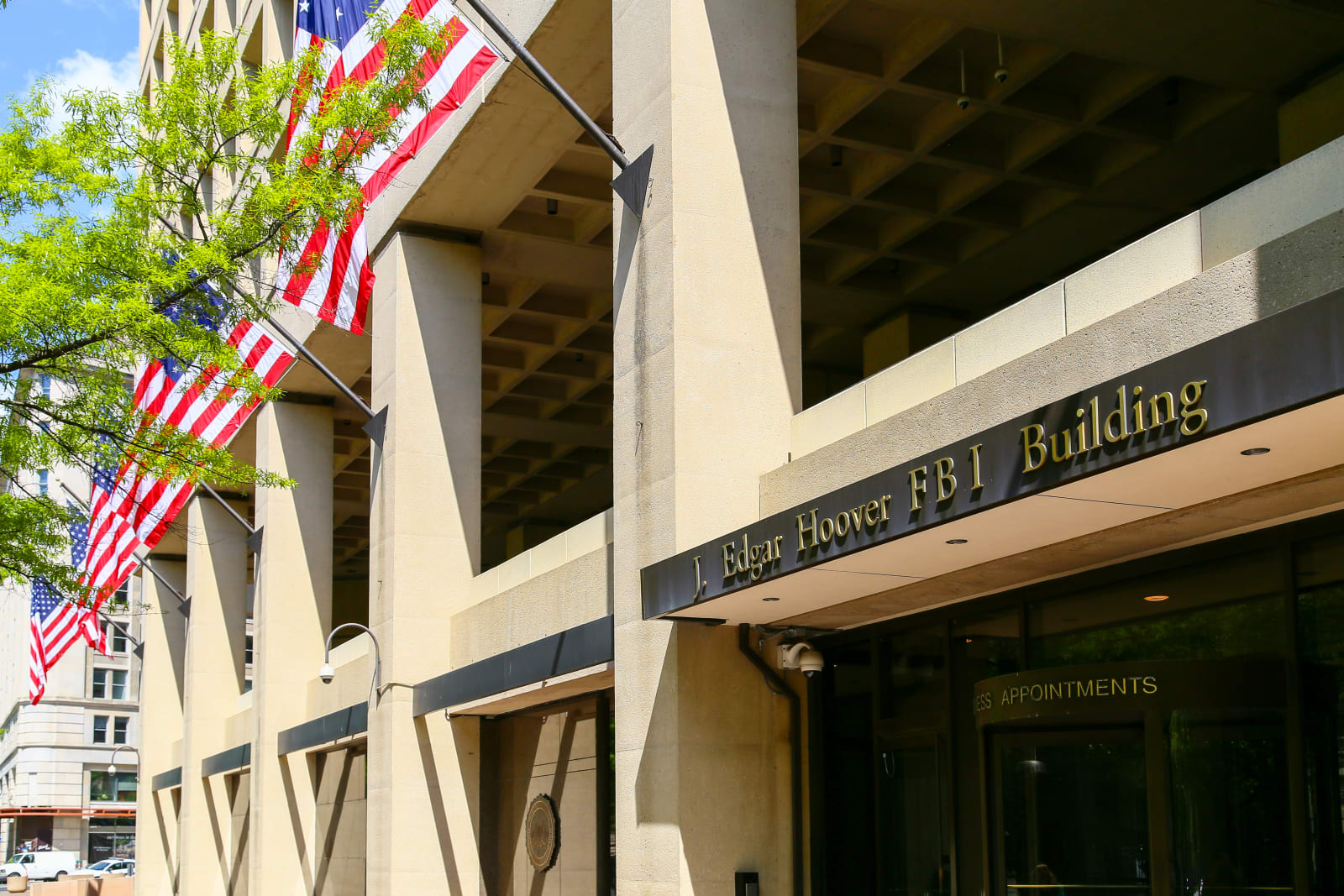
Engadget RSS Feed
Huawei tentatively allowed to continue dealing with US companies again
Huawei has had a rough few months after being banned from working with US companies, but now it looks as if that turmoil is over. US President Trump announced in a news conference that Huawei would be allowed to continue dealing with US companies, including companies like Google that make critical parts of Huawei’s ecosystem. […]
Come comment on this article: Huawei tentatively allowed to continue dealing with US companies again
Facebook cracks down on companies selling fake accounts
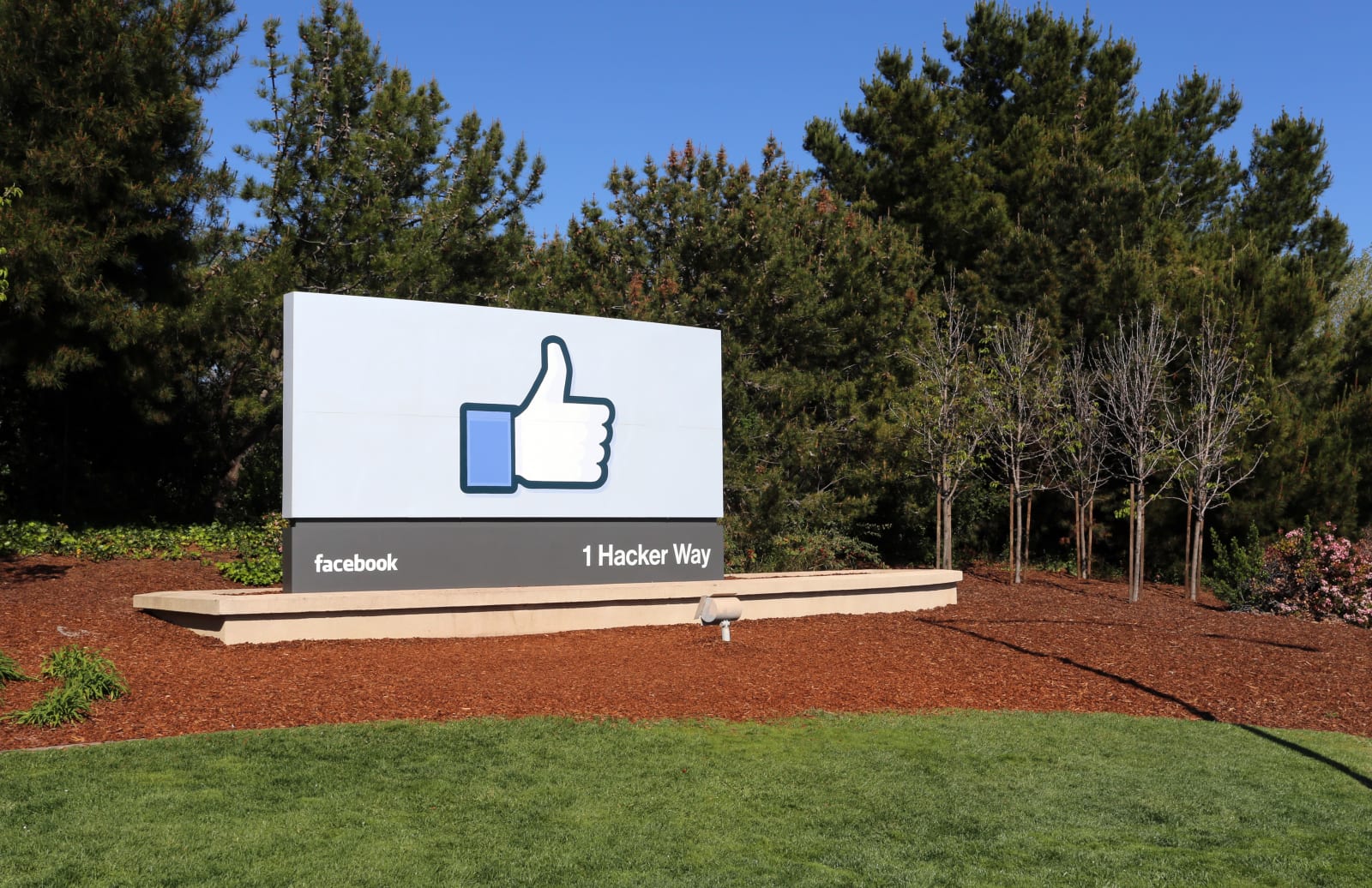
Engadget RSS Feed
California requires companies to include women on their boards
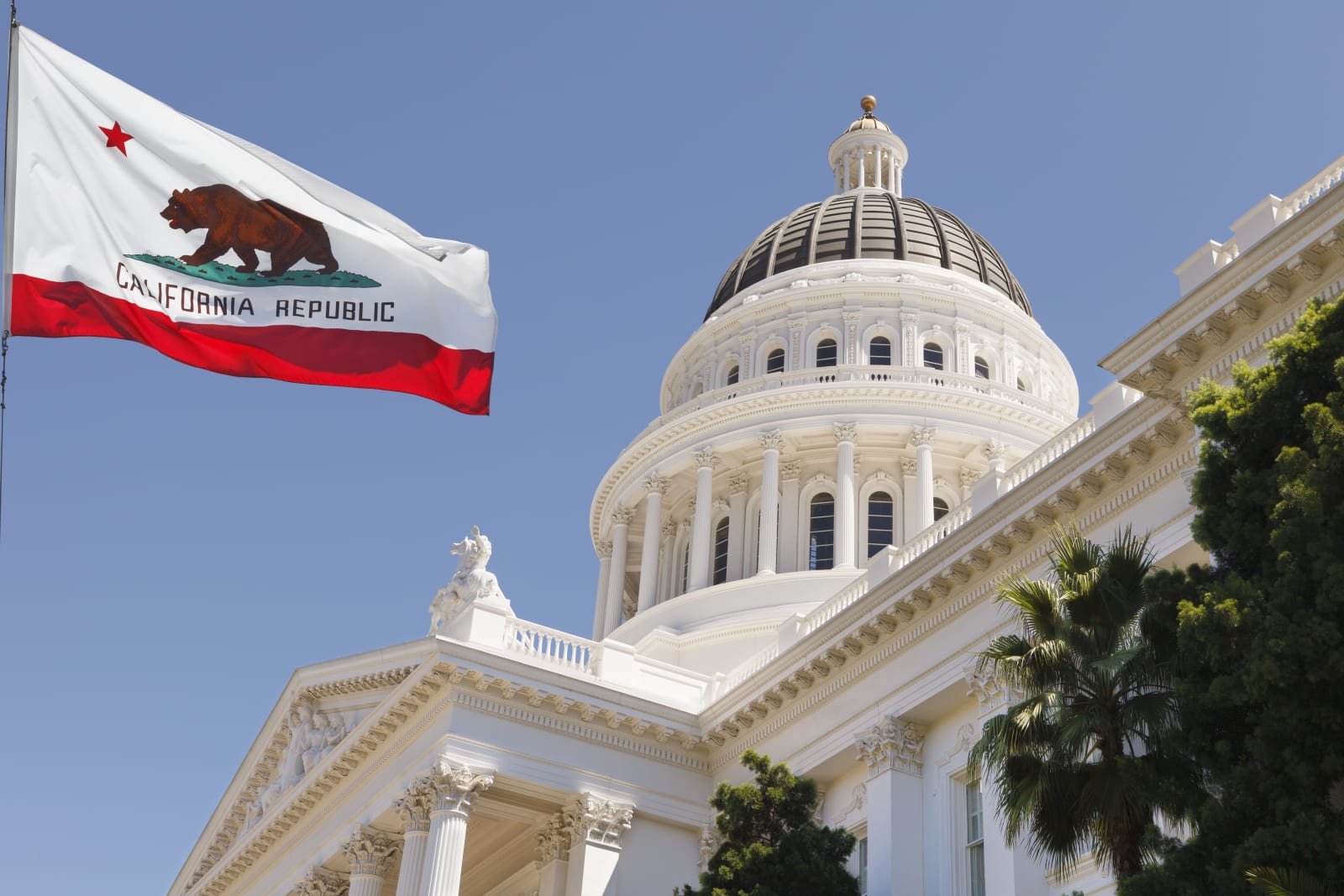
Engadget RSS Feed
How tech companies lured people to SXSW activations
 Thousands of people lined up at trendy Austin bar Icenhauer at SXSW 2018, but they weren't waiting for a refreshing handcrafted cocktail or finger food. Instead, they were trying to get into HP and Intel's "Digital Artistry House," where a handful of…
Thousands of people lined up at trendy Austin bar Icenhauer at SXSW 2018, but they weren't waiting for a refreshing handcrafted cocktail or finger food. Instead, they were trying to get into HP and Intel's "Digital Artistry House," where a handful of…
Engadget RSS Feed
Breakthrough in T-Mobile, Sprint deal as companies are close to agreement
According to sources that spoke to Reuters today, “T-Mobile US Inc is close to agreeing (on) tentative terms on a deal to merge with Sprint Corp.” A merger of the two wireless carriers has been an on-again, off-again deal for several years with the two never quite able to get the time and business environment […]
Come comment on this article: Breakthrough in T-Mobile, Sprint deal as companies are close to agreement
FCC halts nine companies from participating in the ‘Lifeline’ program
FCC Chairman Ajit Pai announced on Friday that the FCC will not let nine companies participate in the federal Lifeline program, which provides low-cost internet connectivity for some of America's lowest-income households. This decision comes just wee…
Engadget RSS Feed
Kickstarter’s most successful campaigns sparked these thriving companies
Making a lot of money on Kickstarter is great, but it’s not the only metric for success. These five Kickstarter campaigns did more than just make a lot of money — they helped create sustainable businesses.
The post Kickstarter’s most successful campaigns sparked these thriving companies appeared first on Digital Trends.
Vine gets a lifeline with report of takeover offers from multiple companies
Vine is up for grabs according to a new report that claims its parent company Twitter is considering multiple bids for the platform. A takeover could save the video-looping service from the scrap heap, but at what cost?
The post Vine gets a lifeline with report of takeover offers from multiple companies appeared first on Digital Trends.
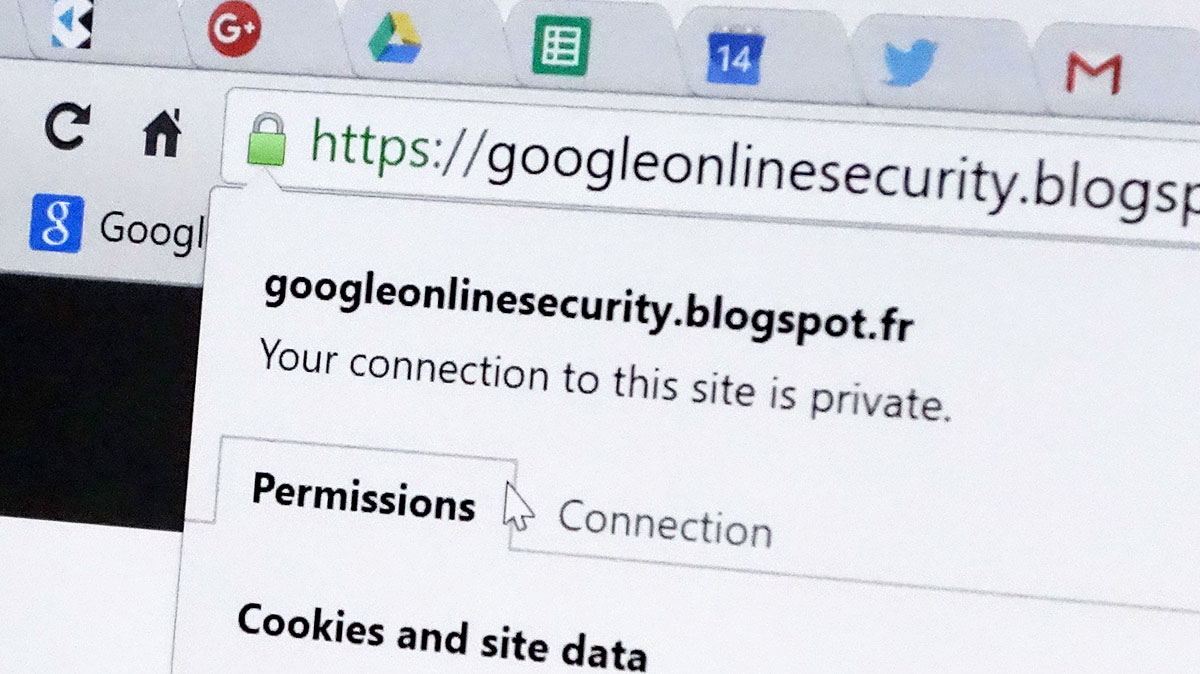
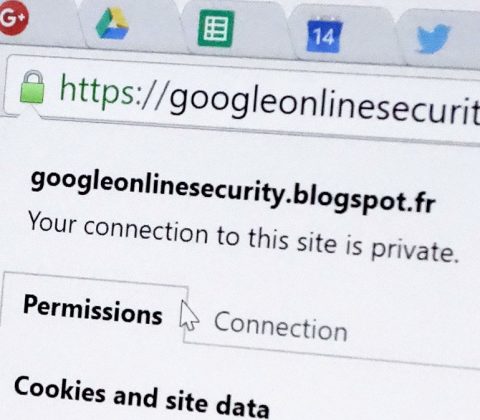
Companies could use ‘intermediate’ web security certificates to spy
 A certificate authority (CA) is a trusted entity that issues electronic certificates (duh) to verify identity on the Internet. They're a key part of secure communications online — and thus super important. Then there's intermediate CAs, signed by a…
A certificate authority (CA) is a trusted entity that issues electronic certificates (duh) to verify identity on the Internet. They're a key part of secure communications online — and thus super important. Then there's intermediate CAs, signed by a…
Engadget RSS Feed
A new bill will force companies to place a backdoor in their devices to undermine their own encryption
The Feinstein-Burr anti-encryption bill, also known as the Compliance with Court Orders Act of 2016, has officially surfaced. Here’s everything you need to know about the bill, which is still a draft at the moment.
The post A new bill will force companies to place a backdoor in their devices to undermine their own encryption appeared first on Digital Trends.

 Australia's controversial bill that seeks to punish social networks and any other hosting service for failing to remove violent content from their platforms is now a law. The country's politicians drafted the Sharing of Abhorrent Violent Material bil…
Australia's controversial bill that seeks to punish social networks and any other hosting service for failing to remove violent content from their platforms is now a law. The country's politicians drafted the Sharing of Abhorrent Violent Material bil…